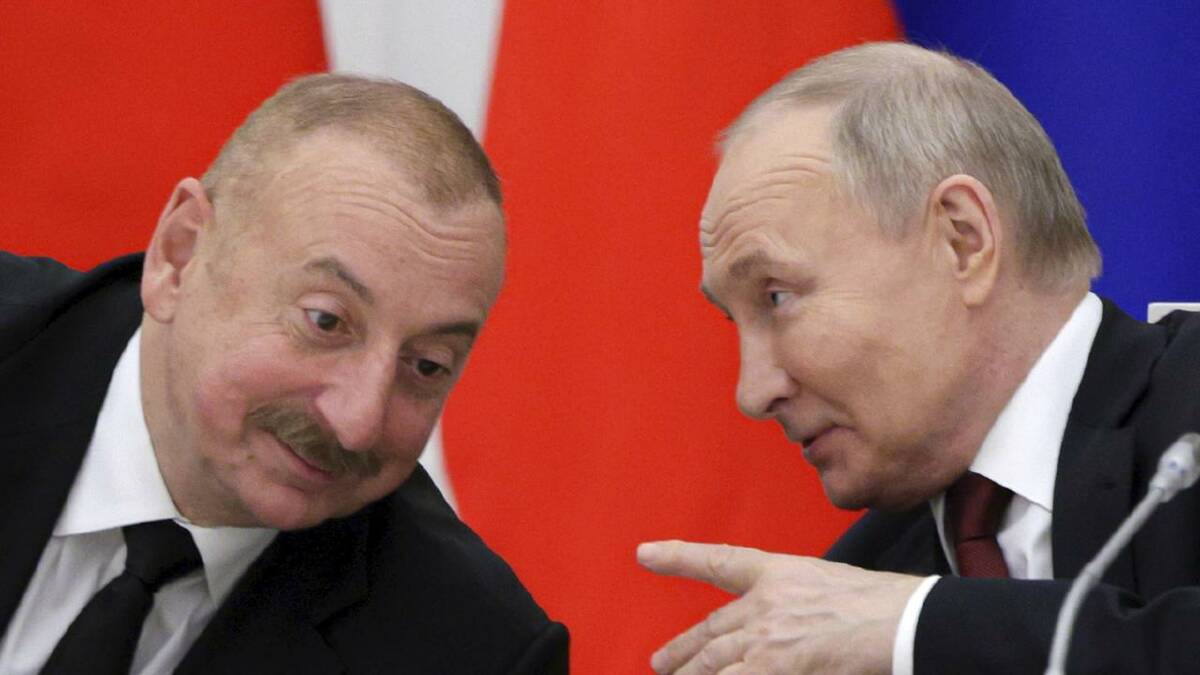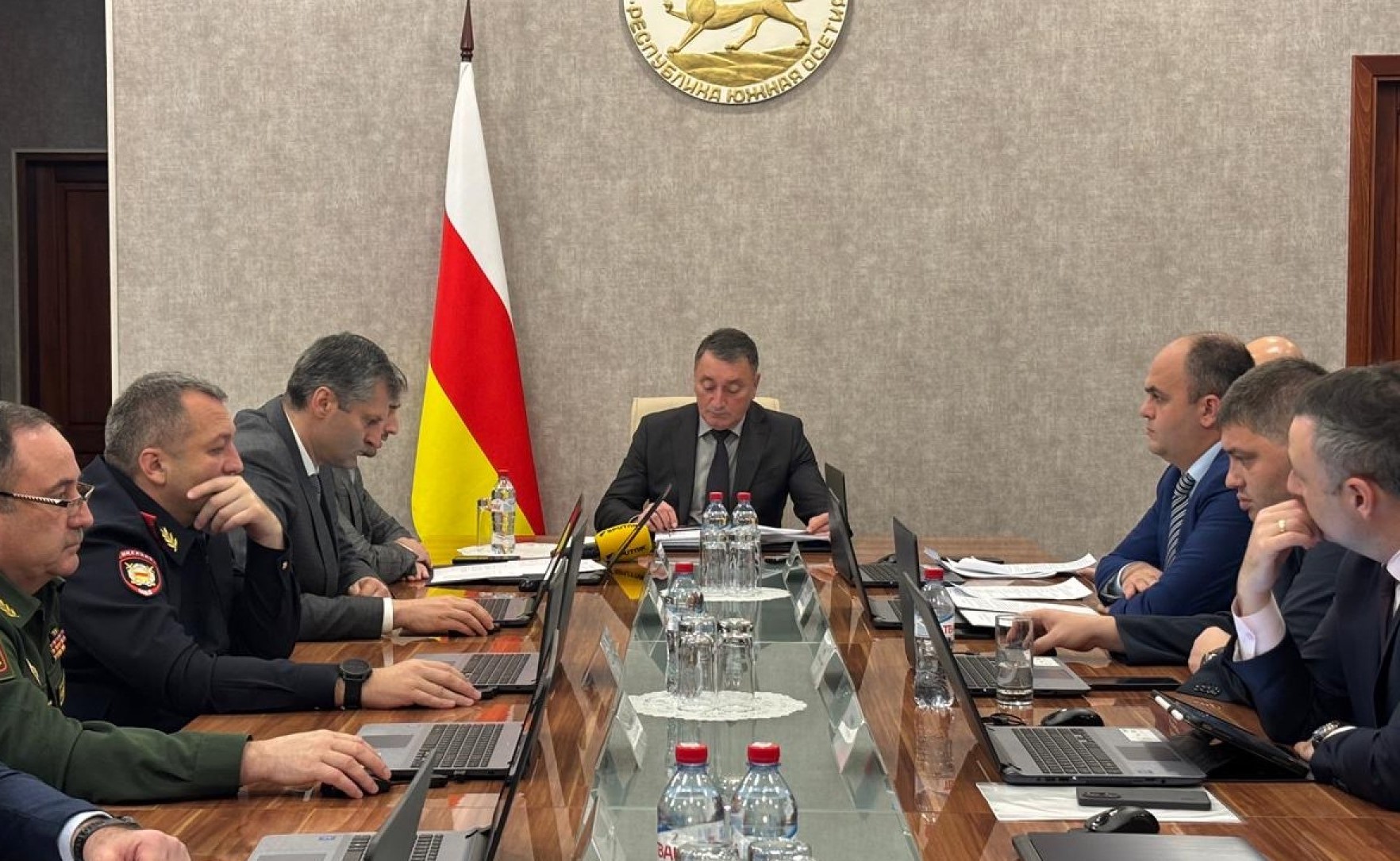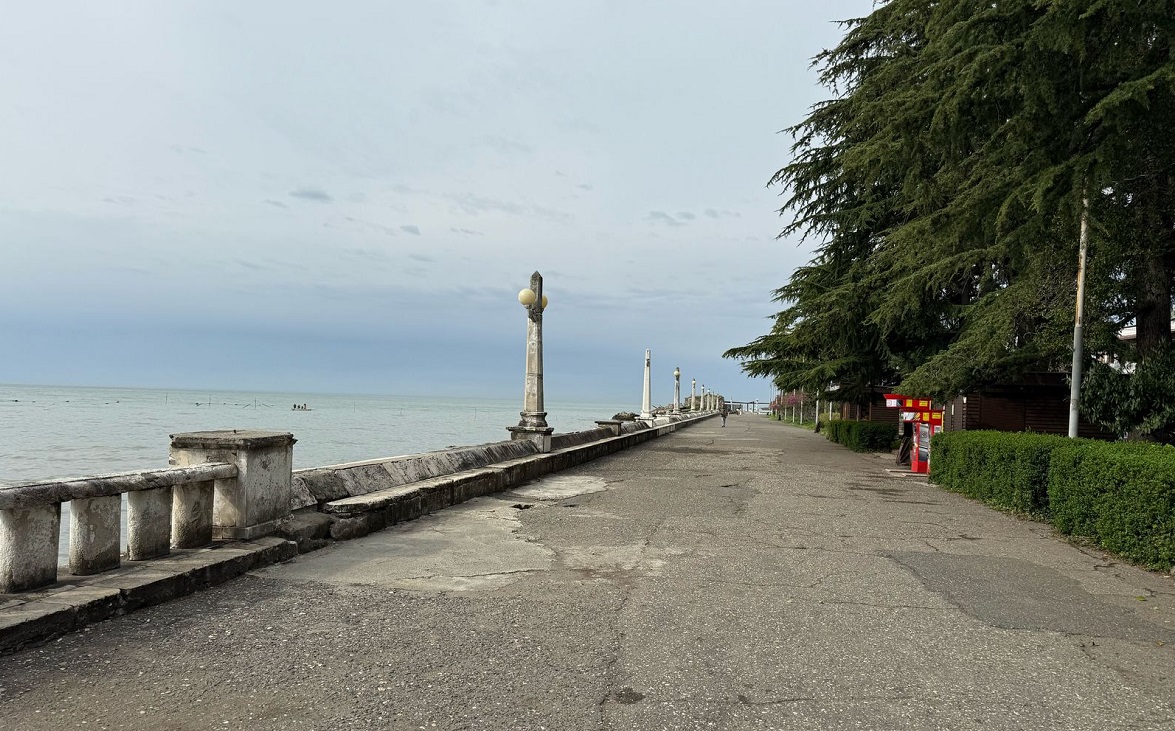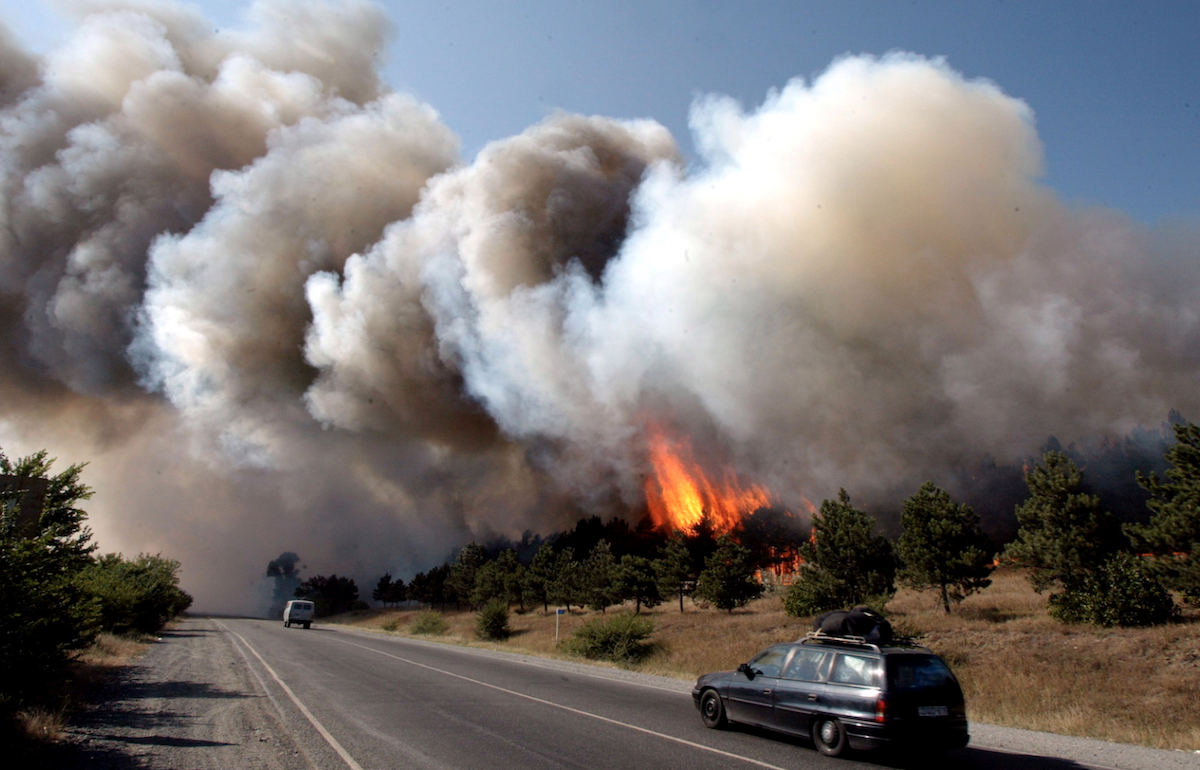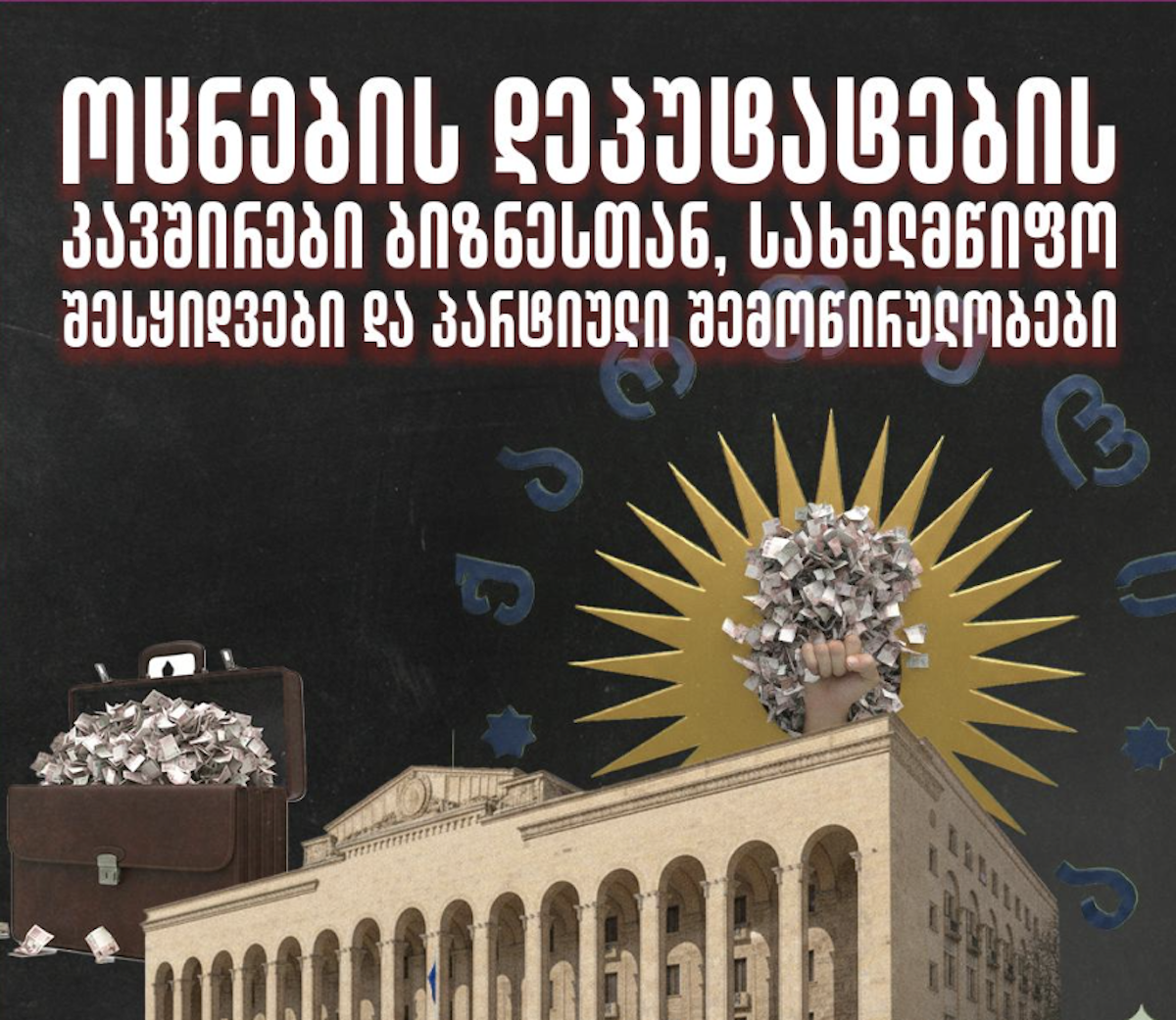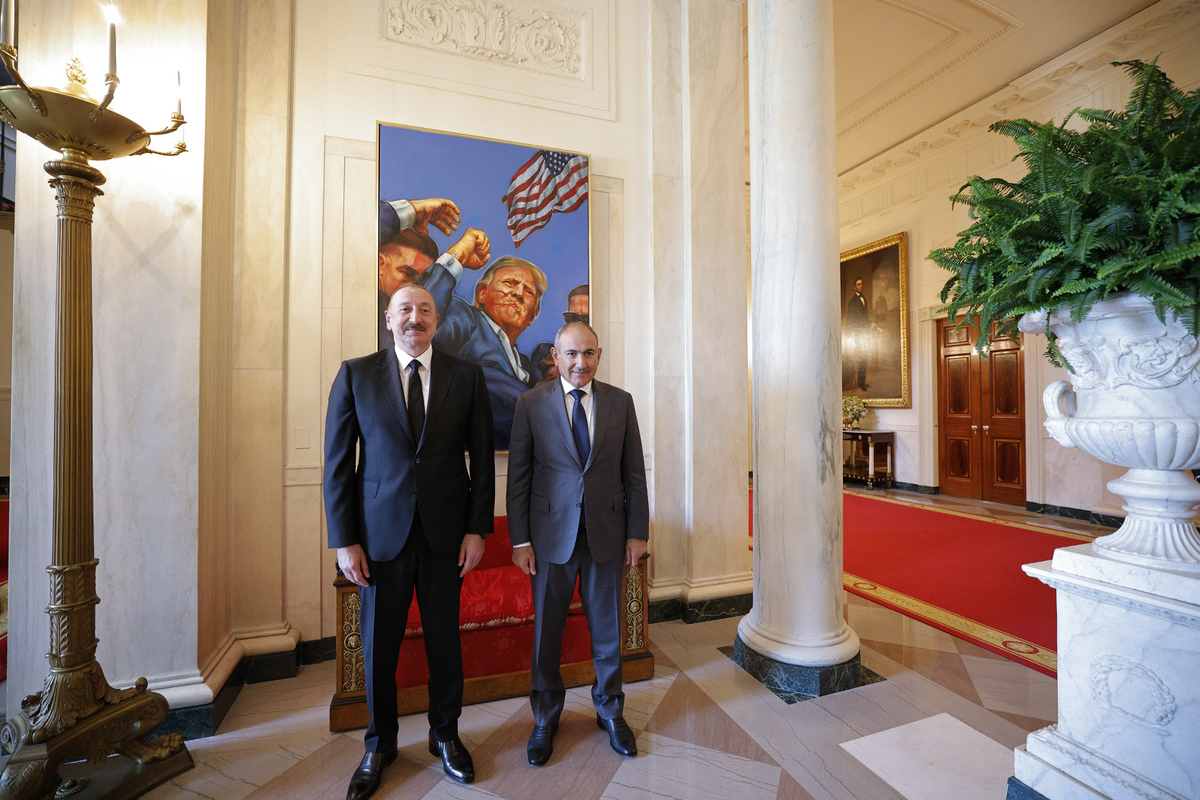Poland intercepts aircraft tyres bound for Russia, shipment linked to Azerbaijani firm
Is Azerbaijan helping Russia evade sanctions?
On May 19, Polish customs prevented the shipment of goods to Russia that are banned under sanctions. The sender was a Spanish company, and the recipient an Azerbaijani firm.
The names of the companies were not disclosed.
At the Koroszczyn border checkpoint, Poland’s National Revenue Administration (KAS) discovered about five tons of tires. It turned out they were intended for Boeing aircraft, despite being declared as “passenger car and bus tires.”
Authorities have launched a criminal case on suspicion of customs fraud.
Recently, the UK imposed sanctions on the Azerbaijani tanker Zangezur, two companies, and five businessmen for transporting Russian oil.
Since then, Azerbaijan’s foreign ministry, SOCAR, and the Caspian Shipping Company have remained silent. State agency AZƏRTAC has also made no statements. No response has been posted on the MFA’s pages in the week since the sanctions.
Attempt to violate the European Union sanctions regime
Since 2022, the European Union has banned the export of products that could support Russia’s aviation industry as part of its sanctions regime. This includes aircraft parts and technical assistance. Relevant European Commission regulations explicitly outline these restrictions.
Polish customs authorities stated that aircraft tires fall under these sanctions and that transporting them to Russia is prohibited. Moving such goods along this route is considered a violation of EU law.
Credible sources, including Reuters, The Moscow Times, and Poland’s National Revenue Administration, confirmed the incident and described it as an attempt to circumvent the EU sanctions regime.
Other outlets, such as Kyiv Post and Aerotime Aero, highlighted that Russia continues to seek ways around sanctions, attempting to obtain critical technologies via third countries.
The involvement of Spanish and Azerbaijani companies in this case has raised concerns about sanctions compliance.
Experts argue that withholding the names of the companies involved limits public oversight and delays potential legal accountability.
Polish authorities are investigating the intended use of the shipment and whether sanctions were breached.
Analysts say such incidents test not just individual countries but the international community’s broader commitment to enforcing sanctions.
Azerbaijan remains silent
The incident can be seen as an example of Poland’s efforts to enforce sanctions. At the same time, Azerbaijan’s mention in the shipment route raises questions about the country’s stance on sanctions and its possible role as a participant in their circumvention.
Some analysts interpret this silence as an attempt by Baku to “cool tensions” — neither protesting nor responding.
Others see it as a “strategy of trivialization,” aiming to portray the sanctions as insignificant.
In both cases, the result is a lack of transparent information for both domestic and international audiences.
News in Azerbaijan











